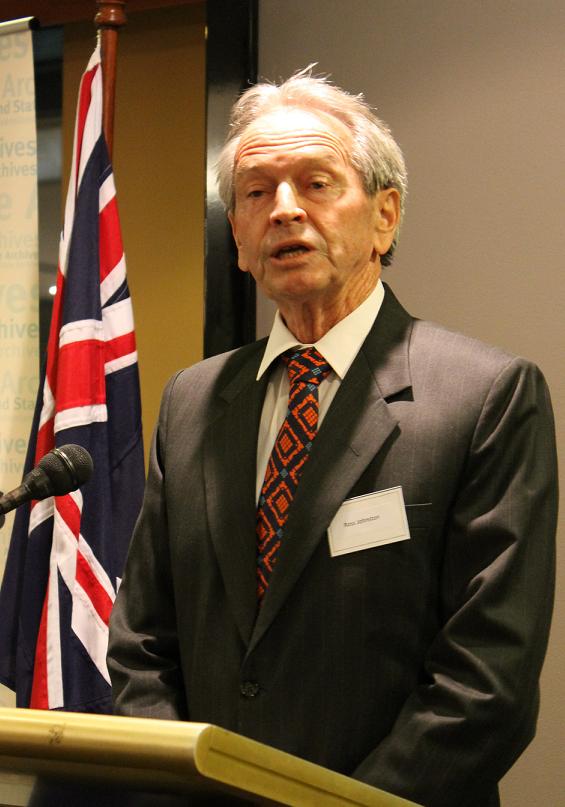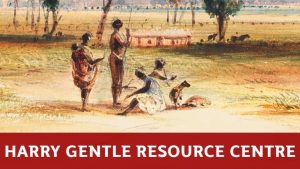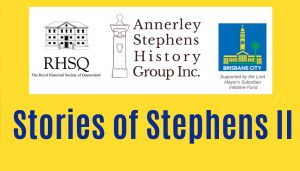Composed by Jeff Hopkins-Weise
Associate Professor Dr William Ross Johnston brought rigour to academic Queensland history and through his teaching, research, publications and involvement with The University of Queensland, Queensland State Library, Queensland Museum, the Queensland Historians Institute (now the Professional Historians Association of Queensland), the Brisbane History Group, and the Australian Dictionary of Biography’s Queensland Working Party – have all helped advance Queensland’s history and its place at the forefront of Australian history. Likewise, his Pacific and British Empire writings have provided a separate, yet strongly connected context to his writings on Queensland and Australia.

Between the 1970s and the 2010s, Ross has researched and written on a large range of topics, as evident in his Sovereignty and Protection (1973), Great Britain, Great Empire (1981), and Imperialism and Racism in the South Pacific (1983), which presented his work in a Pacific and international context. In the Queensland context, Ross will probably be best remembered for The Call of the Land (1982), and Brisbane in the First Thirty Years (1988), and for so many of us as students, researchers or academics who have consulted that very useful A Documentary History of Queensland (1988).
His varied institutional and social histories – whether solely or collaboratively undertaken – are also highly significant in providing some of the leading examples of this genre, some of which include, History of the Queensland Bar (1978), Bauhinia: One Hundred Years (1979), The Long Blue Line (1992), and Women of the West (2004). His range of publications in fact is huge, but this also reveals some of Ross’ other strengths. These are particularly his dedication to collaboration, his practical involvement in producing reference sources for wider use, and the connection between his formal positions with the Australian Dictionary of Biography and Government boards and a practical application of the pursuit of history. And although his publications list is extensive, to this must also be added more than seventy articles and chapters, historical dictionary contributions and book reviews.
Despite his lengthy and productive teaching, research and publications career, retirement continues to see him pursuing history for the sheer joy of it, for which we all will continue to benefit from his ongoing discoveries and insights into such personages as Romeo W. Lahey and his part in Queensland’s environmental history, and the Aboriginal paintings of Oscar Friström.
Dr Ross Johnston is truly a most deserving recipient of the 2012 John Douglas Kerr Medal of Distinction.


